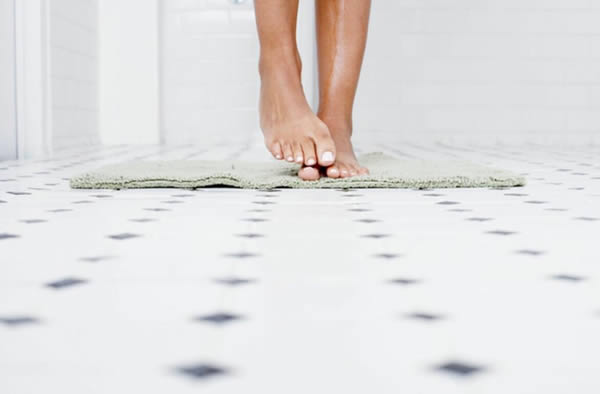
Heather Jeffcoat, DPT
‘I’m a Pelvic-Floor Therapist, and This Is Why You Should Not Stop Your Flow Mid-Pee’
There’s a strong chance someone in your life has either done or suggested Kegel exercises to you. You may have stumbled on Kegel advice through platforms like this TikTok. Or maybe you’ve googled Kegel exercises because you’re dealing with bladder leakage. It can seem like Kegel exercise advice is everywhere, but there’s a lot about this seemingly simple exercise that people do wrong. So, if you’ve heard you should do Kegels while peeing to assess your pelvic floor prowess, it is not the sagest advice.
It’s understandable why someone might make this suggestion. Kegel exercises involve clenching your pelvic floor muscles and relaxing them repeatedly, but locating them can be challenging. The pelvic floor is a hammock-like arrangement of muscles that support important organs like your bladder, uterus (if you have one), rectum, and more, according to the Mayo Clinic. To find them, you might’ve tried squeezing the muscles around your anus and vagina and lifting them. For folks that are unsure of the location and sensation of their pelvic floor clenching, the U.S. National Library of Medicine does recommend that you try Kegeling while you pee once. However, regularly doing Kegels while peeing? Not ideal.
When we void (pee), our bladder contracts, and our pelvic floor muscles reflexively relax. If you are peeing and trying to stop your flow, you are inhibiting a natural reflex your body needs to do,”
says Heather Jeffcoat, DPT, doctor of physical therapy, and owner of Femina Physical Therapy in Los Angeles. When you do this, you are essentially telling your body that your pelvic floor muscles should relax instead of contract. This is the opposite of what they need to do when you are trying to pee.
Over time, doing this could prevent your pelvic floor from fully relaxing when you’re on the toilet. Stopping your flow is confusing for your body because of your brain-to-bladder connection, Dr. Jeffcoat says. When you contract your pelvic floor, your brain could interpret that as a sign you have finished peeing and end the urination process before you’ve completely emptied your bladder, Dr. Jeffcoat adds.
To learn more about why you should not stop your flow mid-pee, continue to the full article here.
